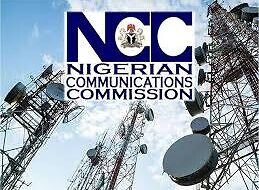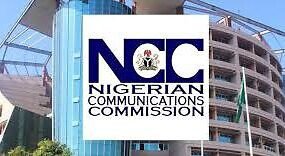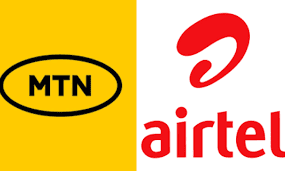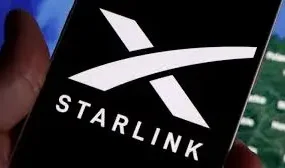After nearly five years of waiting, 9mobile has received approval from the Nigerian Communications Commission (NCC) to begin national roaming services using MTN Nigeria’s network starting June 2025. This approval offers a lifeline to 9mobile, which has lost many customers over the years. As of April 2025, its market share dropped to 1.72%, down from 6.6% in 2020 when it first applied for roaming rights.
The journey began in August 2020, when the NCC gave MTN and 9mobile the green light to run a three-month pilot to test the roaming setup. That trial ended in October 2020, but a full launch didn’t happen until now. With this new approval, 9mobile can now use MTN’s wide network to reach areas where it has no coverage, giving its remaining users better service.
MTN and 9mobile have not released official comments yet.
How the Roaming Deal Works
Under the deal, 9mobile users can call, text, and browse the internet by connecting to MTN’s towers in places where 9mobile’s network is weak. The agreement also includes spectrum sharing, meaning both networks will benefit from using each other’s radio frequencies. This partnership aims to fix the service issues that have caused 9mobile to lose millions of customers.
For 9mobile, this is a smart way to compete again without spending money on new towers. It also gives the company a shot at moving back up in Nigeria’s telecom rankings. With Glo’s market share dropping to 11.9% (or 20.6 million users), experts believe 9mobile still has a chance to become the third-largest operator in the country.
“The number three spot is still up for grabs,” said a telecom expert. “If 9mobile offers good packages and promotes them well, people will come back.”
MTN Also Gains from the Deal
This deal isn’t just good for 9mobile—it also helps MTN. In return for letting 9mobile use its towers, MTN gets access to 9mobile’s unused spectrum in the 900 MHz, 1800 MHz, and 2100 MHz frequency bands. These frequency bands are important for improving call quality, internet speed, and network coverage.
The 900 MHz band is great for reaching far places and for indoor coverage. The 1800 MHz and 2100 MHz bands help provide strong data capacity in busy areas. With over 84 million subscribers, MTN can use these bands to improve service, reduce network congestion, and give users a better experience.
NCC Encourages Infrastructure Sharing
The NCC sees this deal as more than a business move. It supports its larger goal of promoting infrastructure sharing and efficient use of spectrum in Nigeria. In a country where building new towers is very expensive, national roaming deals like this one can improve service across the board without wasting money.
Still, experts warn that the NCC may add rules to control how the spectrum is used. This is to make sure the agreement is fair and doesn’t hurt the market.
The NCC has not issued any public statement yet.
As 9mobile gets ready for its nationwide roaming launch, the telecom industry is watching closely. If the rollout goes well, this could become a model for how smaller operators can survive in a market dominated by MTN and Airtel. More importantly, millions of Nigerians—especially those in rural and underserved areas—could soon get better and more stable mobile service.







No Comments